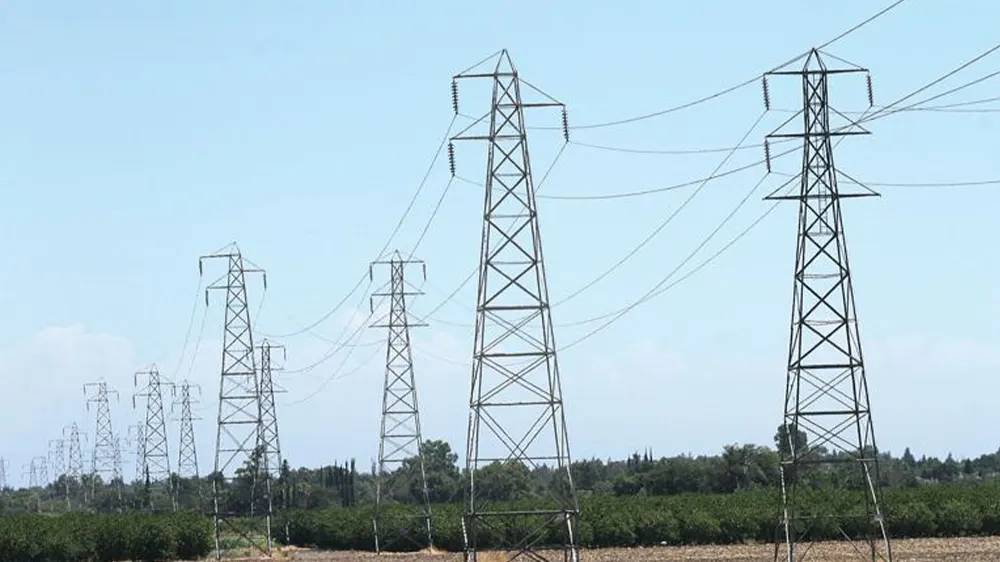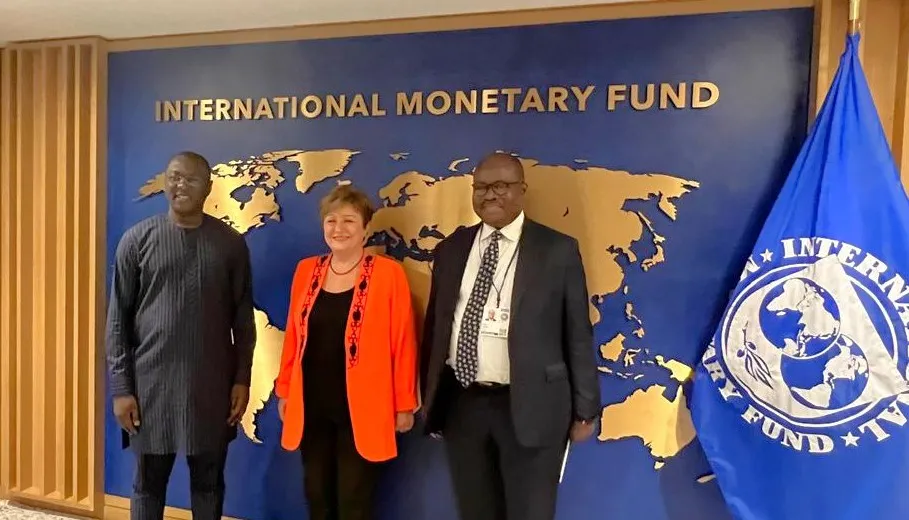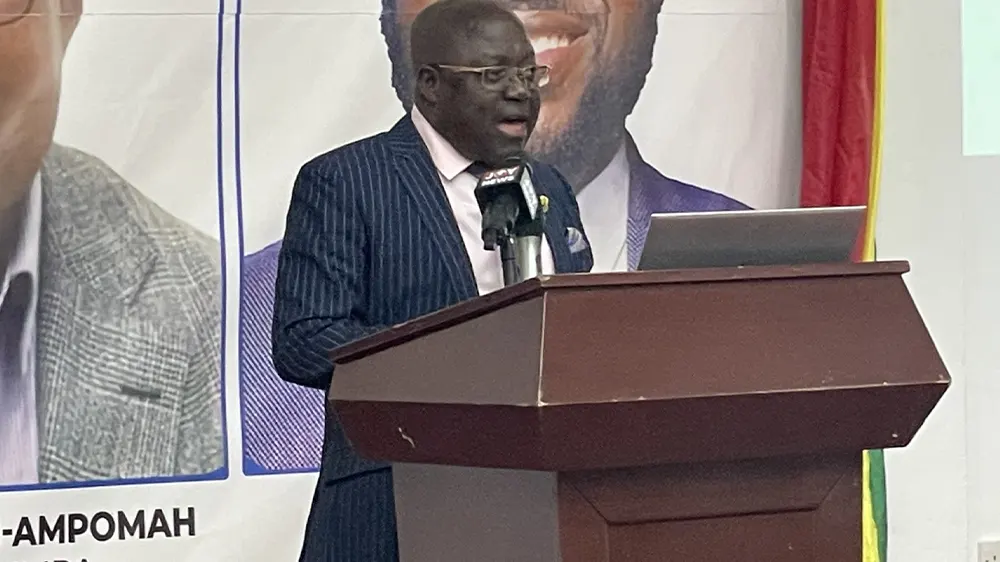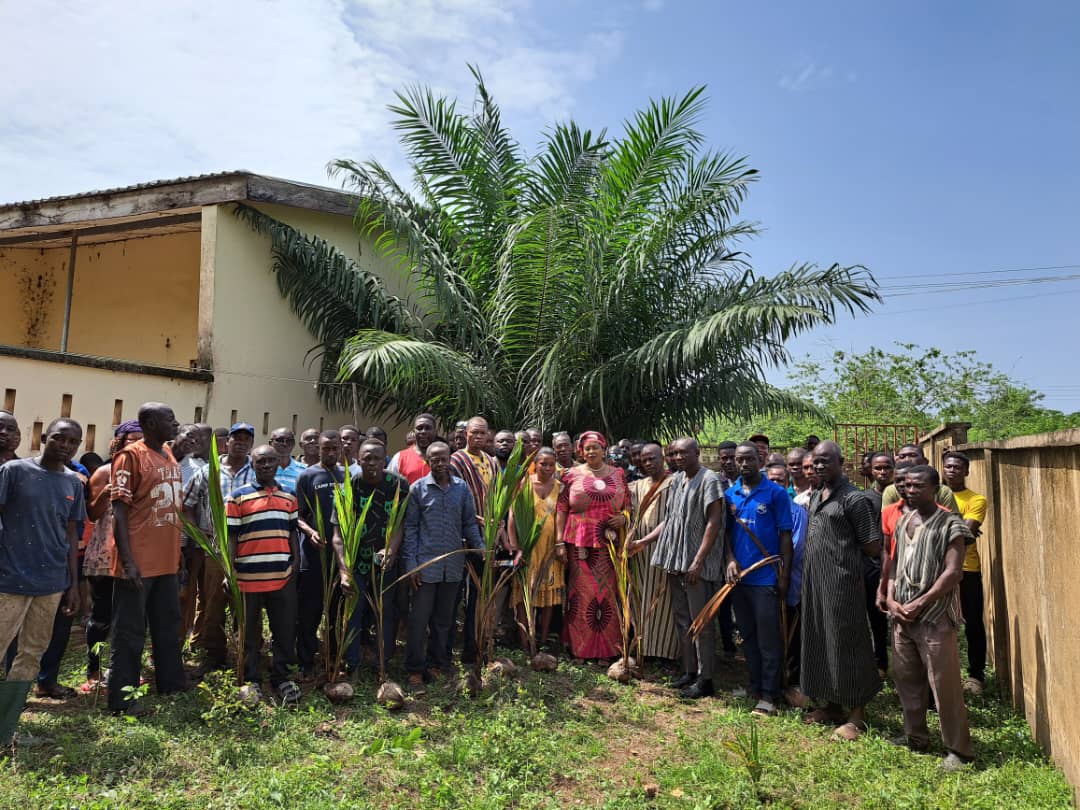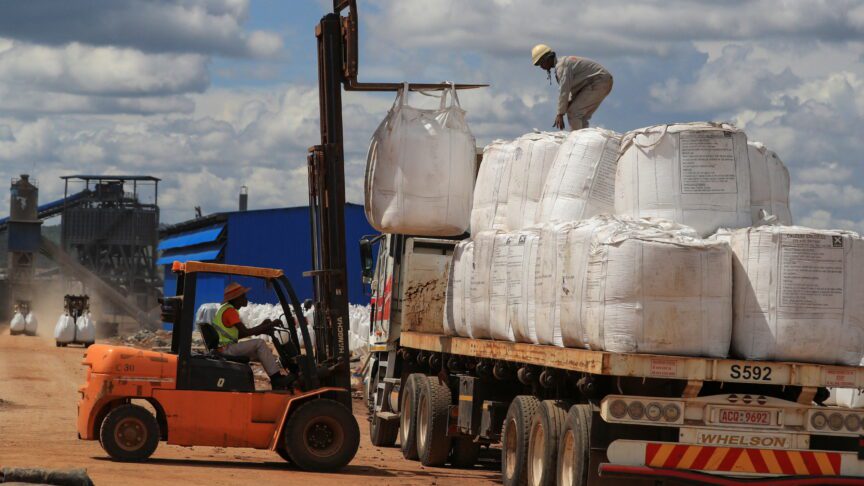The Public Utility Regulatory Commission (PURC) has raised concerns over discrepancies in the revenue allocation of the Electricity Company of Ghana (ECG) in accordance with the Cash Water Mechanism (CWM). This observation follows a request made under a Consultancy Services Contract signed between the Ministry of Energy and PricewaterhouseCoopers (Ghana) Ltd. (PwC) for the validation of ECG's Revenue and Collection Accounts.
In a directive addressed to ECG and copied to the Ghana News Agency (GNA), PURC stated that ECG failed to provide critical data requested by PwC, including customer billing, revenue collection data, and bank statements for the audit period. This failure to provide essential data hindered the audit process and transparency in the administration of energy sector revenues.
The Commission noted discrepancies in ECG's allocation of tariff revenue approved by PURC to sector entities, such as the Bulk Generation Charge (BGC), Transmission Service Charge (TSC), and Distribution Service Charge (DSC). Notably, ECG made zero payments to the Volta River Authority and Ghana Grid Company Ltd. (GRIDCo) for certain periods, as highlighted in the PwC report dated February 29, 2024.
The Cash Waterfall Mechanism (CWM), approved by the Cabinet of Ghana in May 2017, aims to ensure fair and equitable revenue allocation from electricity tariffs approved by PURC. The mechanism mandates ECG to distribute tariff revenues collected among all sector players along the electricity value chain.
To address these issues, PURC ordered ECG to comply with the CWM Mechanism and pay all tariff revenues as prescribed and allocated under the CWM to maintain the financial integrity of the sector. Additionally, ECG was directed to provide copies of government directives for the purchase of fuel for power generation, details of fuel procurement, bank statements, and investment accounts operated by ECG from August 2023 to date.
These directives aim to ensure transparency, accountability, and financial stability within the energy sector, highlighting the importance of adhering to regulatory frameworks and proper revenue allocation mechanisms.

